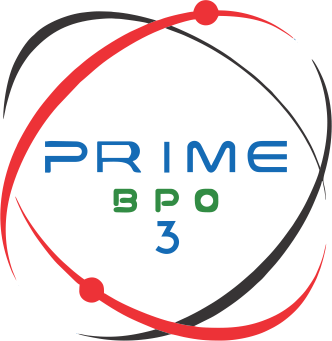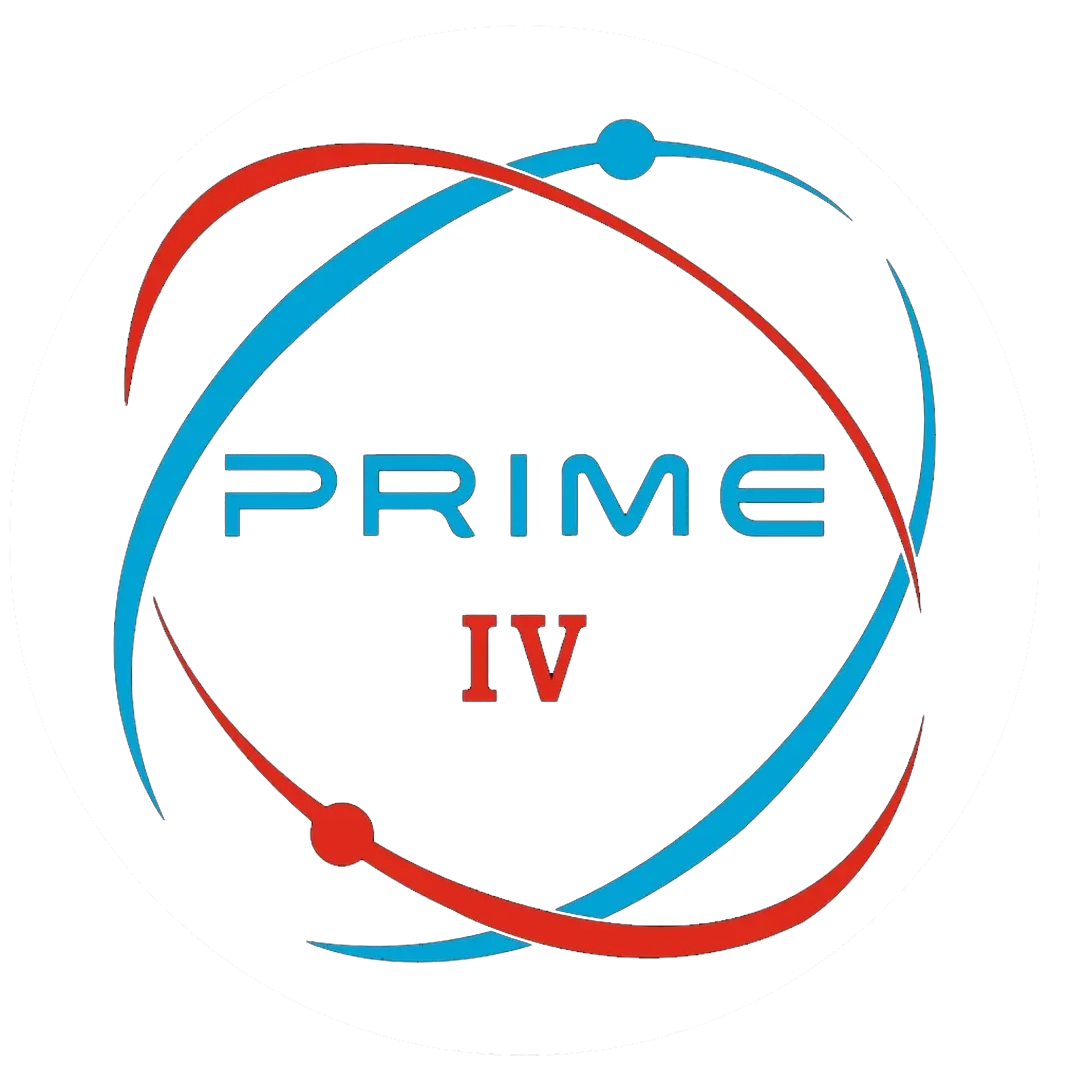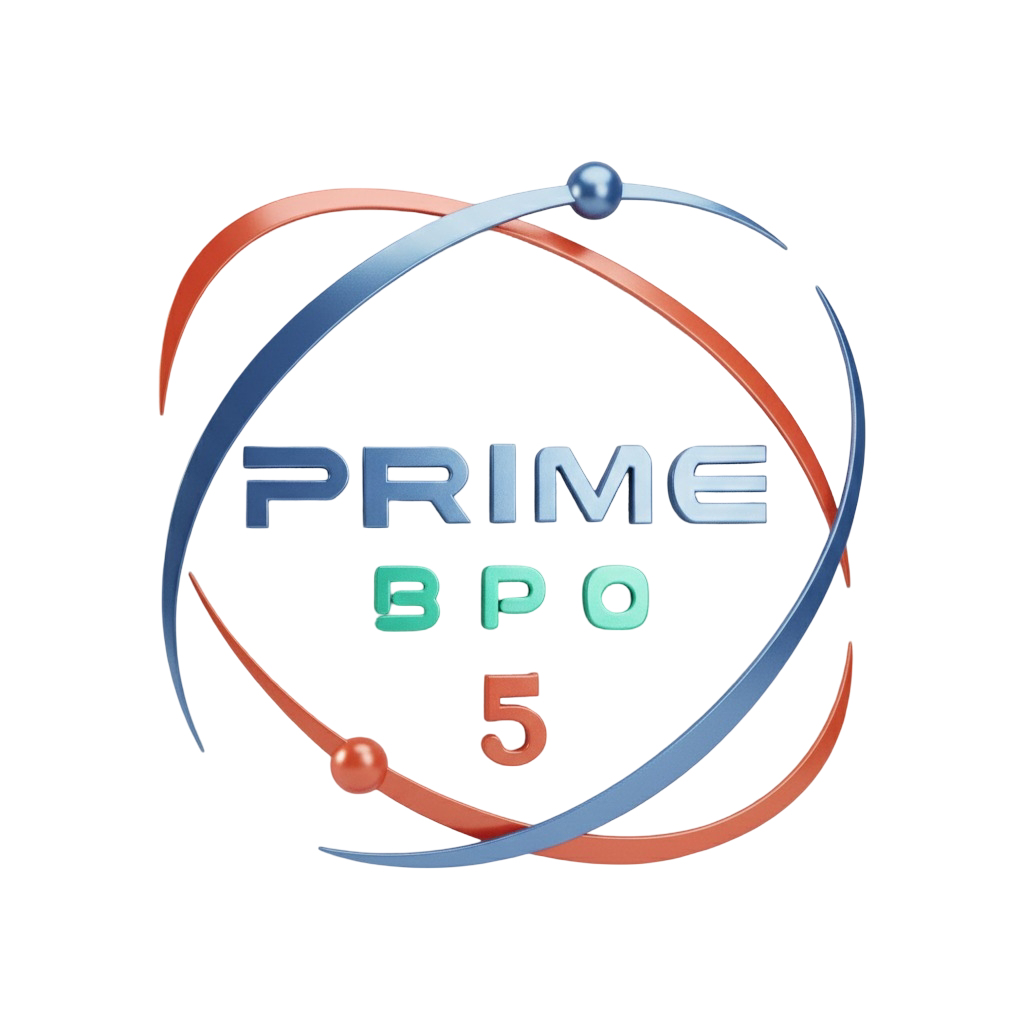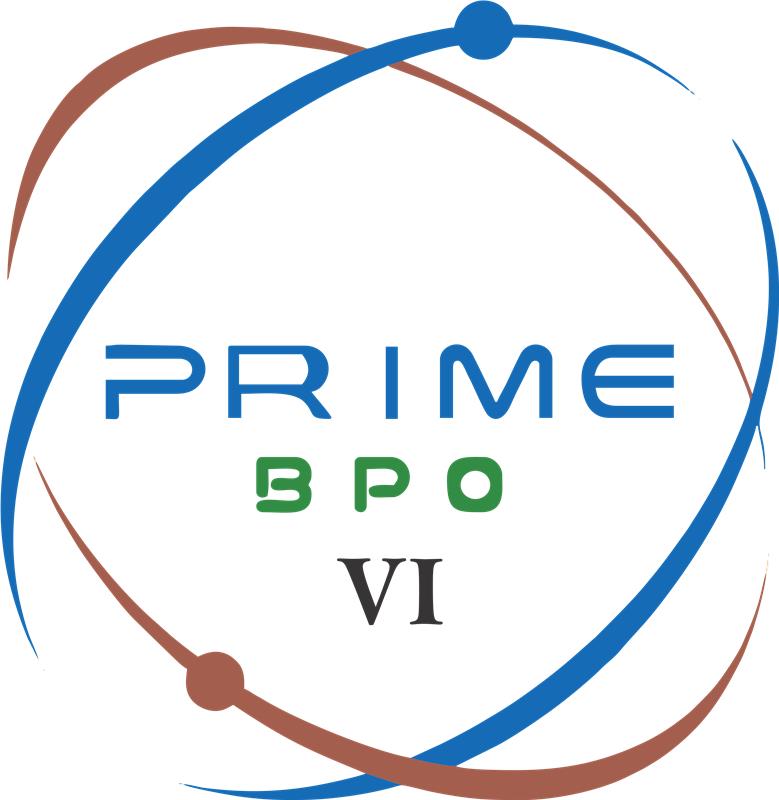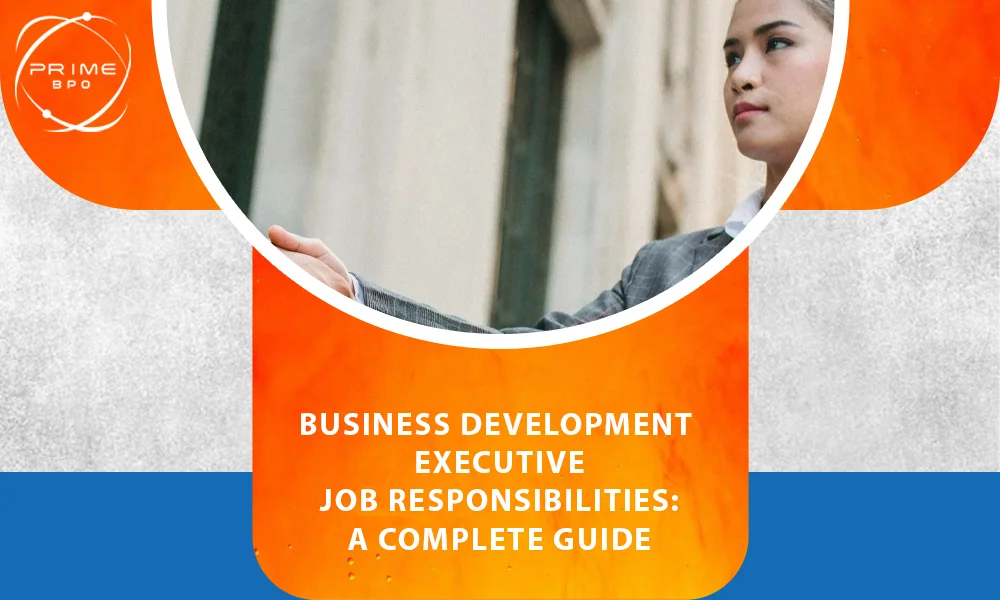Business Development Executive Job Responsibilities: A Complete Guide
Every business, regardless of its size or industry, depends on growth. Identifying opportunities, building relationships, and closing deals are essential to survival and long-term success. This is where a Business Development Executive (BDE) plays a vital role.
Business Development Executives act as the bridge between an organization’s offerings and its target market. Their responsibilities go beyond simply making sales calls—they analyze markets, create strategies, and foster lasting partnerships that sustain revenue growth.
What Does a Business Development Executive Do?
A Business Development Executive is responsible for identifying opportunities for business expansion, managing client relationships, and contributing to an organization’s growth strategy.
Unlike sales representatives who primarily focus on closing deals, BDEs combine strategic planning, networking, and sales execution. They analyze market trends, build professional relationships, and ensure that business activities align with company goals.
Get Free Quotes
Customized Options Await
Industries employing BDEs include:
- Information Technology (IT) and Software Development
- Healthcare and Pharmaceuticals
- Banking and Financial Services
- Manufacturing and Logistics
- Real Estate and Construction
- Startups and SMEs across multiple sectors
In short, the role is both strategic and hands-on, requiring a mix of analytical ability and strong interpersonal skills.
Business Development Executive Job Responsibilities
The exact responsibilities may vary depending on the industry and company size, but the core duties remain consistent.
Key Responsibilities:
- Identifying New Business Opportunities: Researching new markets, customers, and revenue streams.
- Building and Maintaining Client Relationships: Developing trust and ensuring long-term partnerships.
- Developing Sales and Growth Strategies: Designing plans to meet revenue and business development targets.
- Conducting Market Research: Studying competitors, analyzing industry trends, and understanding customer needs.
- Negotiating and Closing Deals: Ensuring agreements align with both company and client interests.
- Coordinating Across Teams: Collaborating with marketing, sales, product, and finance departments.
- Preparing Reports and Presentations: Providing management with regular updates on progress, pipeline, and forecasts.
Business Development Executive Requirements
To succeed in this role, candidates must meet specific qualifications and demonstrate the right mix of skills.
Educational Background:
- Bachelor’s degree in Business Administration, Marketing, Management, Economics, or related fields.
- Some companies may prefer candidates with an MBA or equivalent advanced qualification.
Skills Required:
- Communication Skills: Clear verbal and written communication to engage clients and stakeholders.
- Negotiation and Persuasion: Ability to close deals while maintaining positive relationships.
- Analytical Thinking: Assessing market data to identify trends and opportunities.
- Networking Skills: Building valuable professional connections.
- Technical Proficiency: Familiarity with CRM systems, data analytics, and sales software.
- Adaptability: Thriving in fast-paced, competitive environments.
Experience:
- Entry-level BDE positions may accept candidates with internships or prior sales/marketing roles.
- Senior roles often require 3–5 years of experience in business development, sales, or account management.
Get Free Quotes
Customized Options Await
How to Be a Good Business Development Executive
Success as a BDE depends on mastering both hard skills (strategy, research, negotiation) and soft skills (communication, empathy, persistence).
Key Traits of Successful BDEs:
- Proactive mindset: Actively seeking opportunities rather than waiting for them.
- Resilience: Handling rejection and setbacks professionally.
- Strategic thinking: Seeing the bigger picture beyond immediate sales.
- Goal orientation: Consistently achieving targets and measuring performance.
Practical Tips:
- Set measurable goals (weekly, monthly, quarterly).
- Leverage technology (CRM tools, LinkedIn, market analytics).
- Stay updated on industry news, trends, and competitors.
- Invest in continuous learning (online courses, certifications, workshops).
Roles of a Business Development Executive
While responsibilities outline daily tasks, roles describe the strategic position a BDE holds in a company.
Major Roles:
- Growth Driver: Responsible for increasing revenue and market share.
- Brand Ambassador: Representing the company in meetings, conferences, and networking events.
- Customer Advocate: Ensuring client needs and feedback influence company offerings.
- Strategic Planner: Developing approaches that align with long-term organizational goals.
This distinction highlights how a BDE is more than just a salesperson—they are key players in shaping the company’s future.
Career Path of a Business Development Executive
A career in business development offers numerous opportunities for growth and advancement.
Typical Progression:
- Entry-Level: Business Development Associate / Junior Executive
- Mid-Level: Business Development Executive / Senior Executive
- Managerial: Business Development Manager / Sales Manager
- Leadership: Business Development Director / VP of Sales / Chief Growth Officer
Specializations Available:
- International Business Development
- Strategic Partnerships
- Key Account Management
- Industry-Specific Development (e.g., healthcare, IT, finance)
With the right mix of skills and experience, BDEs can move into senior leadership roles that shape the direction of entire organizations.
Why Is Writing an Effective BDE Job Description Important?
A well-written Business Development Executive job description benefits both employers and candidates.
For Employers:
- Attracts qualified applicants.
- Reduces mismatched hires.
- Sets clear performance expectations.
For Candidates:
- Clarifies the skills and experience needed.
- Provides insights into potential career growth.
- Helps evaluate whether the role aligns with their strengths.
Example Structure of a BDE Job Description:
- Job Title
- Role Summary
- Key Responsibilities
- Required Qualifications and Skills
- Desired Experience
- Company Culture and Benefits
Get Free Quotes
Customized Options Await
How to Become a Business Development Executive
Breaking into the role requires a blend of education, experience, and skills development.
Step-by-Step Guide:
- Earn a degree in business, marketing, or a related field.
- Gain practical experience through internships, part-time sales roles, or marketing positions.
- Develop essential skills in negotiation, CRM tools, data analysis, and presentation.
- Build a professional network by attending industry events and leveraging LinkedIn.
- Apply for entry-level roles and focus on consistent performance to advance.
- Pursue certifications (sales management, digital marketing, business analytics) for career growth.
Continuous improvement is essential. The business world evolves quickly, and staying competitive requires learning new technologies and strategies.
FAQs
Q1: What are the business development executive job responsibilities?
They include identifying opportunities, building client relationships, developing sales strategies, negotiating deals, and reporting to management.
Q2: What does a business development executive do daily?
Daily tasks may involve client meetings, research, pipeline management, proposal writing, and coordinating with internal teams.
Q3: What qualifications are required to be a BDE?
Typically, a bachelor’s degree in business or marketing, strong communication and negotiation skills, and relevant sales experience.
Q4: What is the career path of a business development executive?
Progression can lead from associate or junior roles to executive, manager, and eventually director or VP positions.
Q5: How to be a successful business development executive?
Focus on networking, continuous learning, setting measurable goals, and maintaining resilience in competitive environments.
Looking to build a strong career in business development? At Prime BPO, we connect ambitious professionals with growth-focused opportunities. Explore our career openings today and take the first step toward your success
Conclusion
The role of a Business Development Executive is essential for companies aiming to grow and remain competitive. From identifying opportunities to building relationships and shaping strategy, BDEs combine analysis, communication, and leadership in their daily responsibilities.
For professionals, the career path offers exciting opportunities for growth into management and leadership positions. For employers, hiring the right BDE ensures sustainable business expansion.

